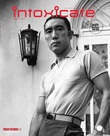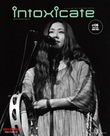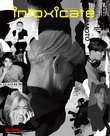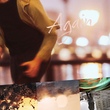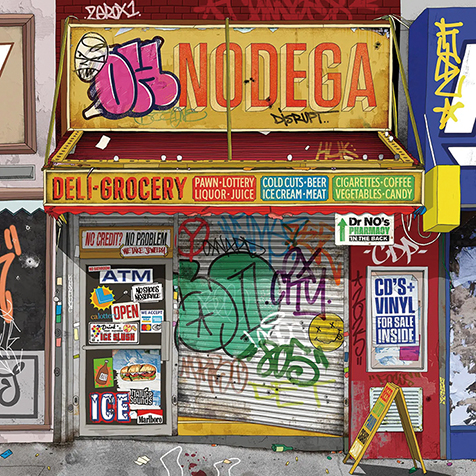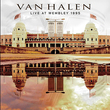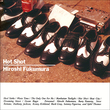The methods of “avantgarde”, once disseminated.
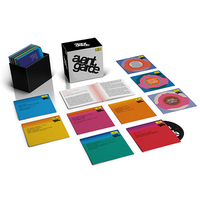
Once, there was no other way to get information on the avantguard music of the time but to read magazines or studies of that kind. And to reach the sound, there were only two choices to follow. One was to buy the recorded materials or to check the radio programs where they might be on the air by chance. The other was to visit the concert. Even experimental music which luckily had drawn public attention, happened to be found on the air, LPs, or concert programs. But still, many avantguard music was drifting like ghosts with just composer names or rumors of newly invented methods, remaining unfixed on real sound.
The Avantgarde Series, released by Deutsche Grammophon this time, is the box set of 21 CDs, on which the sets of LPs, released from 1968 to 1971 are compiled. The impact, given by the appearance of these sets then was so huge, as newly written texts by Paul Griffice included together with original liner notes, witnesses that it was this series which opened the way to listen to the music composed to develop the possibility within the context of the tradition in Western Music after the War II. Now it seems to me that lesser-known music caused this oligopoly.
Summer Course for contemporary music initiated in 1946 at Darmstadt in Germany had lasted more than 20 years by the first release of the series and already began to diversify in the methods of composition introduced by such composers as Cage with “indeterminacy”, Penderecki or Ligeti with “cluster”, and Kagel with “theater piece”. (Above composers are included in the set.) It is quite a natural outcome, just because there are not any correct solutions for the avantguard. Around that time, some record labels in Japan and some foreign countries began to release the works of the avantguard composers. This project was, however, a unique attempt then to give the perspective of the avantguard by exhibiting music basically in instrumentations as in vocal, instrumental, and electronic music.
So now I am listening to the music in the set and imagining how this old avantguard music affected the current composers as kids in those days. Rather, another possible avantguard seems to be projected somewhere in my consciousness. I was impressed to notice that the experiments of predecessors who explored indeterminate, unknown areas of music still hold margins to launch another avant guard even in the fixed recordings. In the DG archive, there remains another important set of LPs titled Free Improvisation, which should be available, too.









